Throughout history there are records of locust plagues afflicting human cities. Early records like decorations of ancient Egyptian tombs and pyramid texts show the devastation that locusts are capable of. Even in the year 2020 massive locust swarms are threatening the food security of communities and cities in East Africa, Asia and the Middle East. Devastating thousands of hectares of croplands and pasture. This current outbreak is the worst in recent decades and represents a crisis that will continue for several weeks as new bands of swarms are continuously forming. This year due to the COVID19 pandemic the border shutdowns has restricted the delivery of pesticides to the countries in need.
The UN states that additional regions in Africa, Asia, Australia and Europe are now prone to locust swam formation. This is due to an increase in average global temperatures and abnormal rain patterns. Once a swarm has formed it has the ability to destroy 80 -100% of the crops in the affected regions.
This year we will strive to contribute to a solution both in and out of the lab. Our technical approach involves using bacteriophages and synthetic biology to aid in combating the locust crisis. Our human practices involve engaging with a diverse range of stakeholders. We hope to learn from them how we can best contribute to finding a solution while implementing their advice in the lab. We aim to create awareness and instigate action around the world.


